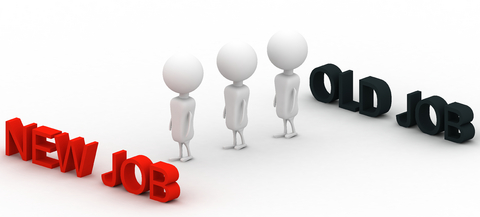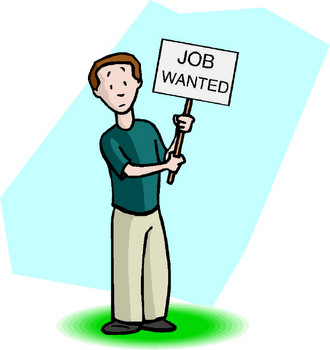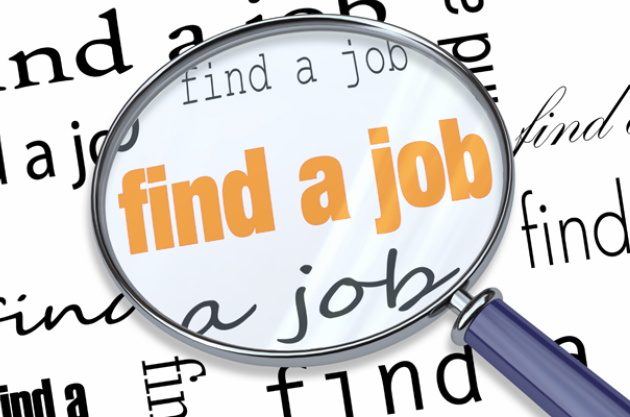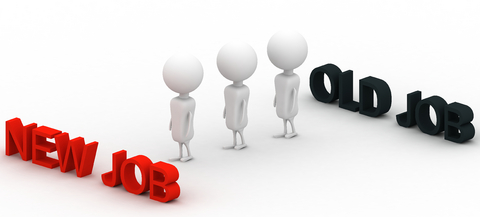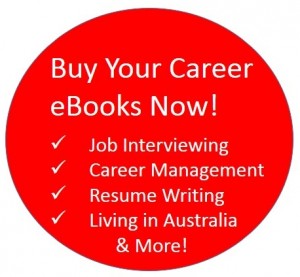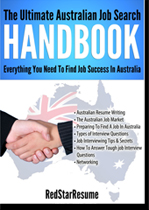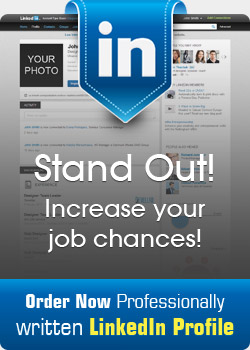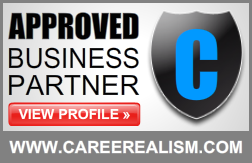 Within the past 10 years, demand for investment banking jobs has increased while the supply for jobs has decreased. The interview stage is more rigorous than ever before and getting a foot in the door is no easy task. Reports suggest that a hiring manager will spend no more than 10-20 seconds reading your resume before deciding to either read on or press delete.
Within the past 10 years, demand for investment banking jobs has increased while the supply for jobs has decreased. The interview stage is more rigorous than ever before and getting a foot in the door is no easy task. Reports suggest that a hiring manager will spend no more than 10-20 seconds reading your resume before deciding to either read on or press delete.
It is an undisputed fact that if a hiring manager has two finance resumes sitting on the table, they are instinctively going to be drawn to the resume that is professionally presented and formatted in the correct way. No matter what the resume has to say, the first impression is already made. If both candidates share similar finance skills, education and experience, just take a guess at which resume the hiring manager is going to choose.
When you sit down to write your resume, remember one thing. Your resume is a marketing document. This document is all you have to prove to the hiring manager that you are the right person for the job. Present a professional picture and make sure that you stand out above your competition.
3 Tips to Making Your Banking and Finance Resume Stand Out
Financial Keywords:
A well written resume will include the use of strategic keywords. For a front office banking position, hiring managers can receive hundreds of resumes not just domestically but internationally as well. As such, recruiters and hiring managers will often skim over the resume looking for keywords or use software programs to find key words. These key words can be changed depending on the job you are applying for. A keyword rich resume will help highlight your resume and cover letter and ensure that it passes the first stage of selection.
Creating a Qualifications Profile:
Too often job seekers waste time with a generic objective statement “…. I want to utilise my skills I have gained throughout my career and gain experience with a large organisation.” This general opening statement adds no value to your resume and in fact can have a detrimental effect on your application. Replace this objective statement with a qualifications profile or summary. Rather than telling the reader what you want, use this space to tell the reader what you can bring to this role.
Presentation and Format:
Your resume is the first impression a hiring manager will make about you. A well-presented and structured resume that is written in a clean font will portray your resume in a professional manner and immediately give your resume application a higher ranking. Alternatively, a resume application that has spelling and grammar errors, different sized fonts, long sentences (as opposed to bullet points) and a lack of headings will not portray a positive image to the reader. Remember, that when applying for a business or finance position the hiring manager demands to see professionalism. A lack of professionalism may even lead to your resume being deleted without even being read. Don’t forget – no matter how great your skills and experience may be, once your resume is deleted, it will never be read again.
© RedStarResume Publications – http://www.bestresponseresume.com/
Follow us on Twitter: http://twitter.com/RedStarResume





